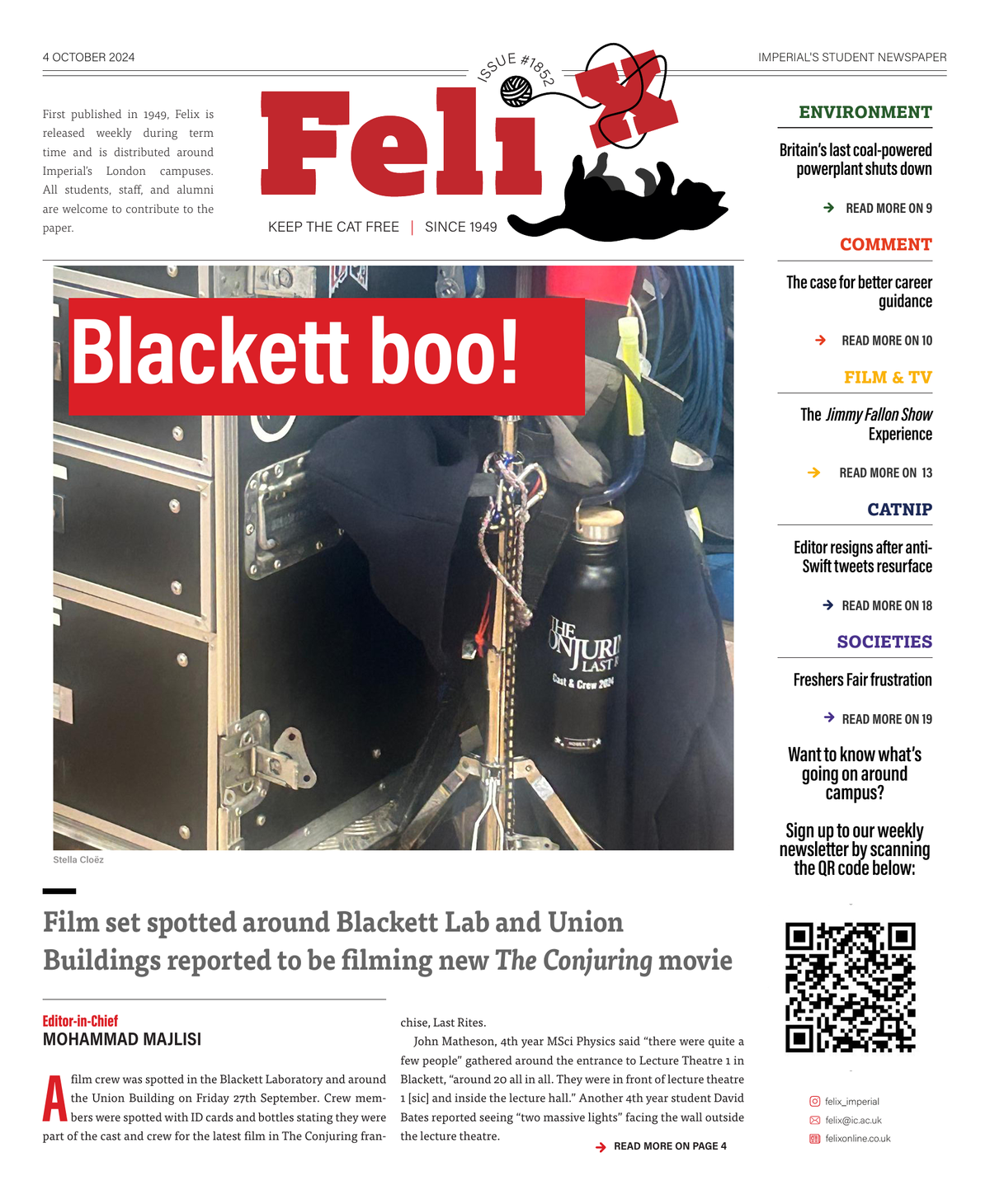Britain’s last coal-fired power plant shuts down
Britain’s only remaining coal power plant at Ratcliffe-on-Soar closed on Monday. The plant had run for 57 years and its closure has seen widespread coverage in the national press with The Guardian calling the shutdown the “end of an era.”
Coal has been part of the UK’s energy mix since 1882 and has played a significant role in powering the UK. As new technologies show themselves to be superior and carbon pricing come into effect, coal power generation is going into steep decline. The closure marks a major milestone for climate action in the UK and sets it apart as the first G7 nation to achieve this goal. The plant was closed after a just-transition plan was agreed for its staff and it is expected to take two years to decommission. The site will become one of three sites for the East Midlands Freeport, which is government-supported. Additionally, The Department for Energy Security and Net Zero says they will support green jobs at the site.
The power plant was subject to some controversy after 114 activists had been arrested as part of a protest in 2009 with evidence from an undercover police officer, Mark Kennedy. Mr Kennedy joined Sumac Community centre in 2003 and formed several romantic relationships with women who were involved. The case against the activists was thrown out in 2011 because Mr Kennedy had failed to disclose who he was. Another undercover police officer said, to the BBC, “I would seek out the most vulnerable people in those communities. The reason for that is the most vulnerable people are the easiest to manipulate.”
Ed Matthew, director at climate change think tank E3G, said “The UK was the first country to build a coal-fired power station. It is right that it is the first major economy to exit coal power. This is true global leadership, lighting the path for other countries to follow.”
The closure is something to celebrate, but there’s certainly room for sentimentality as infrastructure that was both deeply flawed and had a profound impact on our society is shut down. The Nottingham Post quotes local historian Ian Castledine saying “I’m here to see the old girl out. ... We saw the last coal delivery come in a couple of weeks ago, which was quite emotional. Cooling towers have been a huge part of the landscape of Great Britain for a long time. ... They were such a landmark – wherever you go, people would say ‘I know I’m home when I see the cooling towers’.” Maybe someday we will think of renewable infrastructure as Castledine does of cooling towers.
Separately, the Coal Authority, the UK’s coal regulator, has refused to grant licences for a new coal mine in Cumbria. This comes after a High Court ruling on the 13th declaring the mine unlawful in a case brought by Friends of the Earth and South Lakes Action on Climate Change. The Tories backed the coal mine in the case, with Michael Gove, the Secretary of State for Levelling Up, Housing and Communities, agreeing that the mine would be net-zero. However, the new Labour government withdrew their backing, admitting that the 99% of the mine’s emissions from burning the coal should have been taken into account.









